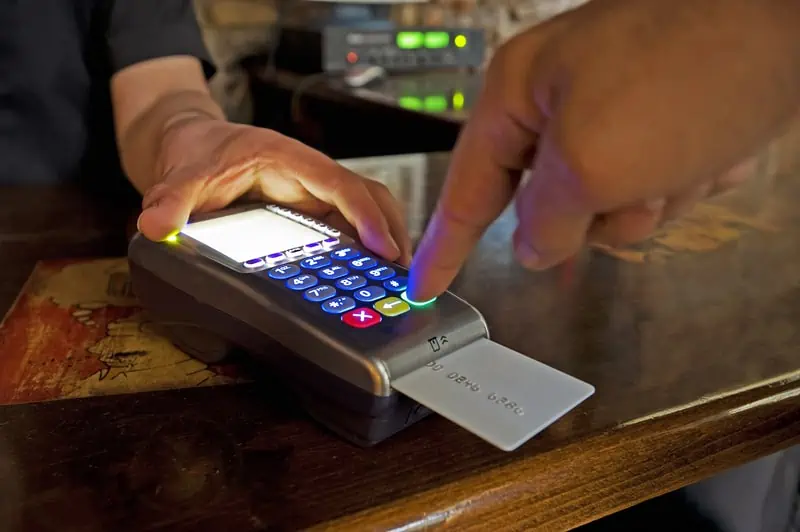Many retailers impose a fee on customers when they use a credit card as they are charged a fee for using a credit card machine to process a transaction. This practice has long been illegal in California, however. In 1985, California passed a law banning businesses from charging these fees, which forced many businesses to either raise all of their prices or offer creative discounts for customers who choose a different payment method. While the law prohibits merchants from charging a fee for customers who use a credit card, they are allowed to offer discounts for check and cash purchases.
A new federal appeals court ruling in January has overturned the California law banning merchants from placing surcharges on credit card transactions. The 9th Circuit ruled that this law was unconstitutional.

Italian Colors Restaurant and four other California businesses that challenged the law can post a single price on items for sale and charge an additional fee when customers choose to pay with a credit card. A lower court had gone further to strike down the entire law, but the 9th Circuit said its decision only applies to the five plaintiffs.
Plantiffs Arguement
The plantiffs had argued that customers are averse to losing money and are more likely to change their behavior to avoid a penalty than to receive a financial benefit. They also claimed that advertising an extra fee for credit card purchases was the most effective way to encourage customers to switch from a credit card to cash.
Attorney General Bacerra countered the plaintiffs’ argument by stating that it regulates conduct and not speech. Last year, the Supreme Court ruled that an anti-surcharge law in New York regulated speech. The Supreme Court ruling closes the door on this argument, according to the 9th Circuit, and restricts the paintiffs’ commercial speech. The court said the law does regulate speech, not conduct, as it controls how prices must be presented to customers but not the prices themselves.
To avoid consumer deception, the 9th Circuit suggested that California use less restrictive options like requiring retailers disclose the fee before and at the point of sale as in states like Minnesota or enforce existing laws on misleading advertising.
This ruling has been viewed as a big win for small businesses as they have more options for covering the costs of payment processing. Credit card processing fees can hit small businesses hard, especially on small dollar transactions. This is because transactions processed with a credit card machine come with a flat-rate fee plus a percentage of the transaction amount. In fact, many businesses in other states have chosen to impose a surcharge when transactions are below a certain dollar amount like $10.
Conclusion
Merchants that wish to charge a fee for customers who use a credit card still need to abide certain rules. Visa, Discover, and Mastercard require at least 30 days notice prior to collecting fees. Each also has specific rules for surcharges. In most cases, the maximum allowable charge is the fee the retailers pay their payment processing company per transaction.

